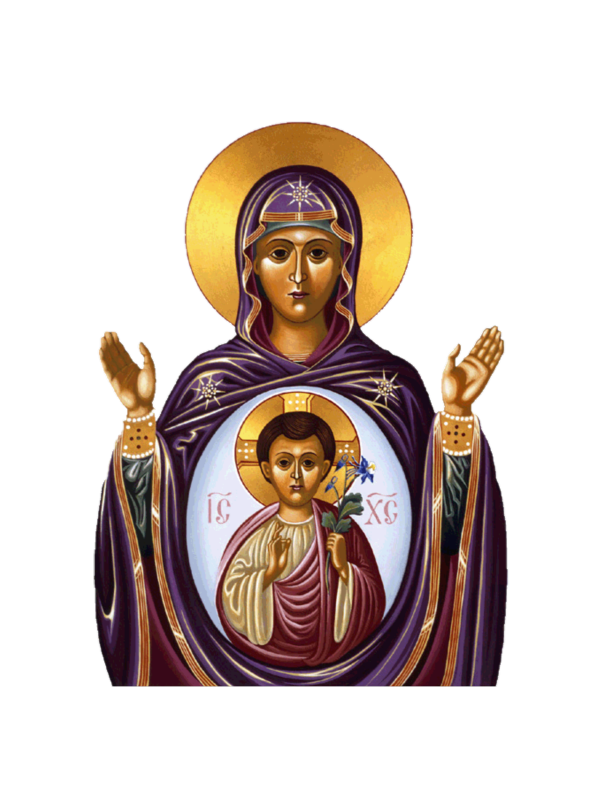We Are Not an Echo Chamber
The fallout from the Dobbs decision in the United States continues. It would be tempting to say the dust has settled, but there will be many more dust clouds on the horizon before this issue is resolved. Everyone heard the Supreme Court of the United States struck down the 50 year old Roe vs Wade decision that had legalized abortion across the entire United States in 1973. All kinds of pundits from both sides of the pro-abortion and pro-life landscape have been pronouncing judgements ever since. As fascinating as this can be to watch from afar, what difference does it make to us Canadians?
Our putatively Catholic Prime Minister immediately jumped on the American decision to proclaim that Canada would be a safe zone for any women wishing abortions and in typical style, other politicians, including almost all of the Conservative leadership hopefuls, immediately announced the same. Though this is disappointing, this is not surprising.
The Dobbs decision will have an effect on the pro-life battle here in Canada, but in different ways than may be expected. The collapse of the faith in Quebec and elsewhere and the central role of that province in our federal political system has meant that most life issues get bogged down in that wreckage. This certainly deserves a much more in-depth look and perhaps I will cover it in a future article. But I would like to look at how our constant tendency to gaze to the South can skew our current pro-life work here north of the border.
This is not the 1970s when the political clout of the Evangelicals as was epitomized by the Moral Majority had to be taken into account by all politicians of both major American parties. But to say that the Evangelicals are still not a political force in the United States is wrong. As well, American Catholics that practice their faith vote overwhelmingly for pro-life candidates. The small but growing religions of Islam and some Asian religions have also proven to be fertile ground for the pro-life vote. The American Pro-life Movement is a very well mobilized organization with very specific targets. The constant campaigning that is the hallmark of American politics means that Americans of all faiths are constantly kept aware of the consequences of their beliefs.
A marked difference of our respected political landscapes is the overt political role in choosing of judges. Though both countries pay lip service to diversity on the judicial benches, the election of judges in the United States and public selection and vetting allows the country to see the central role of a “court party” have effects in every individual’s life.
Certainly the astonishing amount of money that pours into politics in the American political system is unique. With unending campaigns for positions at every level and fixed election dates, and no campaign limits on individuals, races, or even corporations, influence is quite public and definite. We pay for the eyeballs of voters and hope that the result is the right choice on election days.
In both our systems the Culture Wars have not stopped in the last 40 years. In fact, with Critical Race Theory, woke politics, cancel culture, “immediate media”, and a host of social and sexual issues brought before voters in education, work places, and even on their streets, most Americans have been forced to take stands and decide on a vast and incredibly complex set of issues. Abortion and mercy killing are only some of those issues.
There is another cultural divide that is affecting all of Western societies. The protest culture, whether from on your keyboard and screens, or in the streets has been growing rapidly. Certainly, as we all know, the Covid pandemic with all its panic and confused policy has exacerbated this. It has contributed to the public mistrust of all authorities and government (the Church included). This, along with the collapse of civic culture, has meant that assumptions about how society should function are invalid. Society functions on trust. If trust is not there, public authorities of all stripes find it exceptionally difficult to reinstate. Such trust is the result of a multipronged, multigenerational approach. If we don’t trust authorities of any kind, from whom and where do we get our information and shape our lives? The pro-life movement must take all of this into account as we can not function outside these cultural headwinds, as must the Church!
We need to be fully aware of these cultural and political changes. The truth of the pro-life battle must still be proclaimed. Here in Canada, we can not just import American (or any other national) solution to our particular applications of these seemingly global cultural and political trends. In future articles, I would like to lay out a) the particular questions besetting the Church in this country, and b) what I feel are particular opportunities and goals to achieve victory north of the border and not just be an echo chamber.
Fr. Tom Lynch (PFLC National President)
